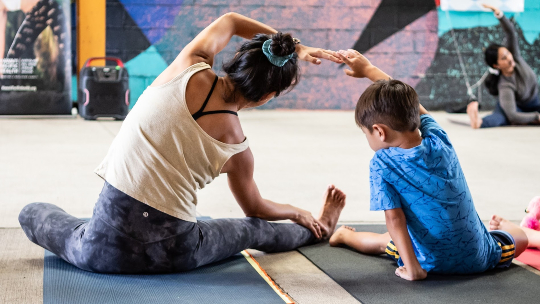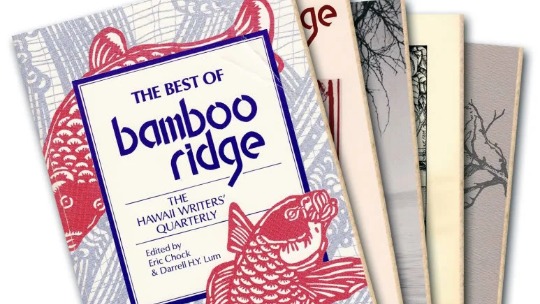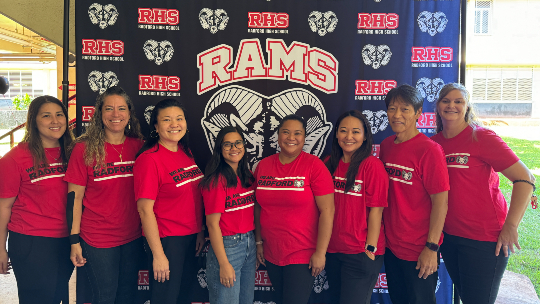Hawaii is taking a page out of New Zealand’s movie script. New Zealand is known for its world-class level of indigenous cinema, telling the stories of Polynesian people and Maori culture. Three industry veterans from Oahu are on a mission to bring that same attention to Native Hawaiians and Pacific Islanders.
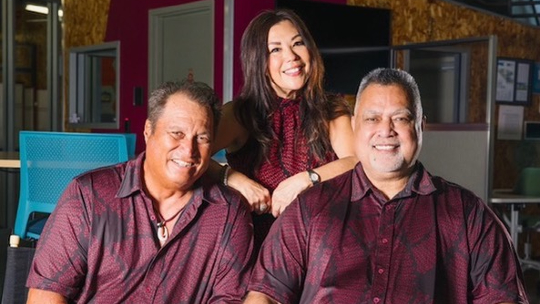
Brian Keaulana, Angela Laprete, and Robert Suka.
Angela Laprete, Brian Keaulana, and Robert Suka co-founded International Cultural Arts Network (ICAN) after experiencing the outcome on Jason Momoa’s upcoming mini-series Chief of War. It was forced to leave Hawaii for New Zealand.
“It’s the biggest representation of Native Hawaiians about Hawaiian history, but we couldn’t cast as many locals in Hawaiian roles because of lack of experience/credits and the project maxed out on the tax incentive and shot the majority of the series in New Zealand," says Laprete.
“We were frustrated. We knew Hawaii had to move the needle, so we looked at New Zealand, which has a similar mindset of sustainability and culture,” says Keaulana, who’s the son of legendary surfing pioneer Buffalo Keaulana. “We’re not divided by land, but connected by water, and we’re combining our strengths to develop our community here to share the stories of indigenous people.”
ICAN’s goal is three-fold: empower local Native Hawaiian and Pacific Islander talent to bring indigenous storytelling to the forefront, advance Hawaii’s filming industry to create more opportunities in workforce development, and elevate the talent so they get the visibility and access to the global stage.
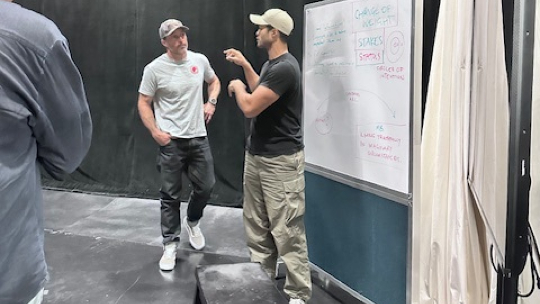
Actor coaches Alex O'Loughlin and Alex Tarrant.
The nonprofit organization held its first acting intensive late last year. New Zealand native and NCIS: Hawaii actor Alex Tarrant and his wife, actress Lucinda Hare, were among the coaches.
“We’ve gone through the growing pains in New Zealand, but we’re now able to create stories that aren’t just about the hurt of our people,” says Tarrant. “We need to get Hawaii to that point, where they can be creative as opposed to constantly explaining the pain they’ve gone through. And there’s an abundance of talent here. We can help unlock that potential, teach them to trust their instincts, and gain confidence.”
“It’s important to empower them to know they’re enough and there’s nobody in the world like them,” adds Hare. “Being your most authentic self is your greatest superpower.”
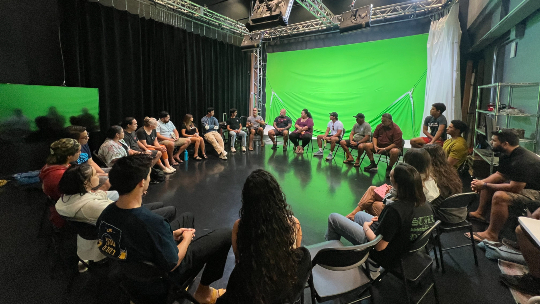
ICAN students in class.
While the multi-month program included self-taping, partner work in scenes, and script breakdown, what made these lessons unique was the professional mentors who brought their expertise and personal journeys for students to learn from firsthand. The free classes also focused on the students’ Native Hawaiian and Polynesian heritage and experiences. During the first class, students shared who they descended from.
“It was such a beautiful way to begin and ground our class in the knowledge that we carry our ancestors and that kuleana (responsibility) with us where we go as actors and in life,” says Ooe Carr, an actor from Waianae and a student in the inaugural intensive. “As a Hawaiian, it’s so important we share our history and culture to show the reality of Hawaii. It’s not just a tourist destination. Hopefully, people will see that and have just a little bit more respect.”
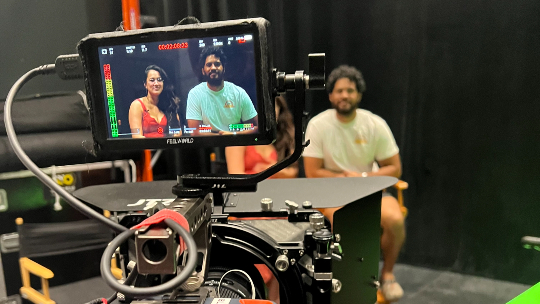
Students practicing camera work.
ICAN’s focus is on actors and writers right now, but this is just the beginning. Programs will soon expand to stunt people and crew members.
“We’re trying to give everybody an opportunity and guide them so they’re prepared for the movie industry,” says Suka. “We want to help the new generation of Native Hawaiian and Pacific Islanders and get them recognized on a global stage.”
“We’re elevating the 808 and will continue to amplify Pacific Islanders in the film industry,” says Laprete. “Like New Zealand, we have a lot of untapped talent and stories here. We won’t stop; it’s our mission to bring new voices to the forefront.”
Photos courtesy ICAN
SU24F

